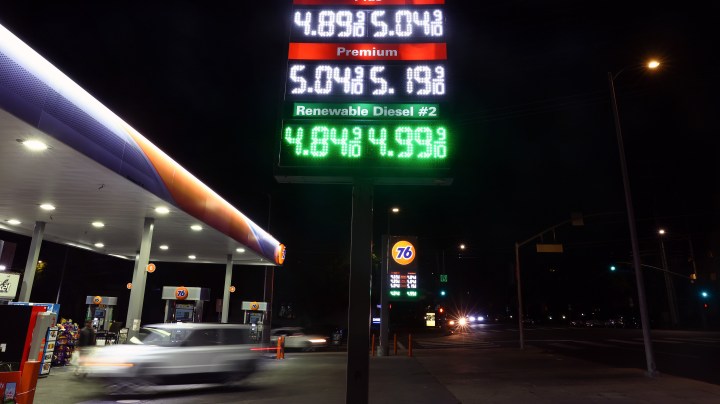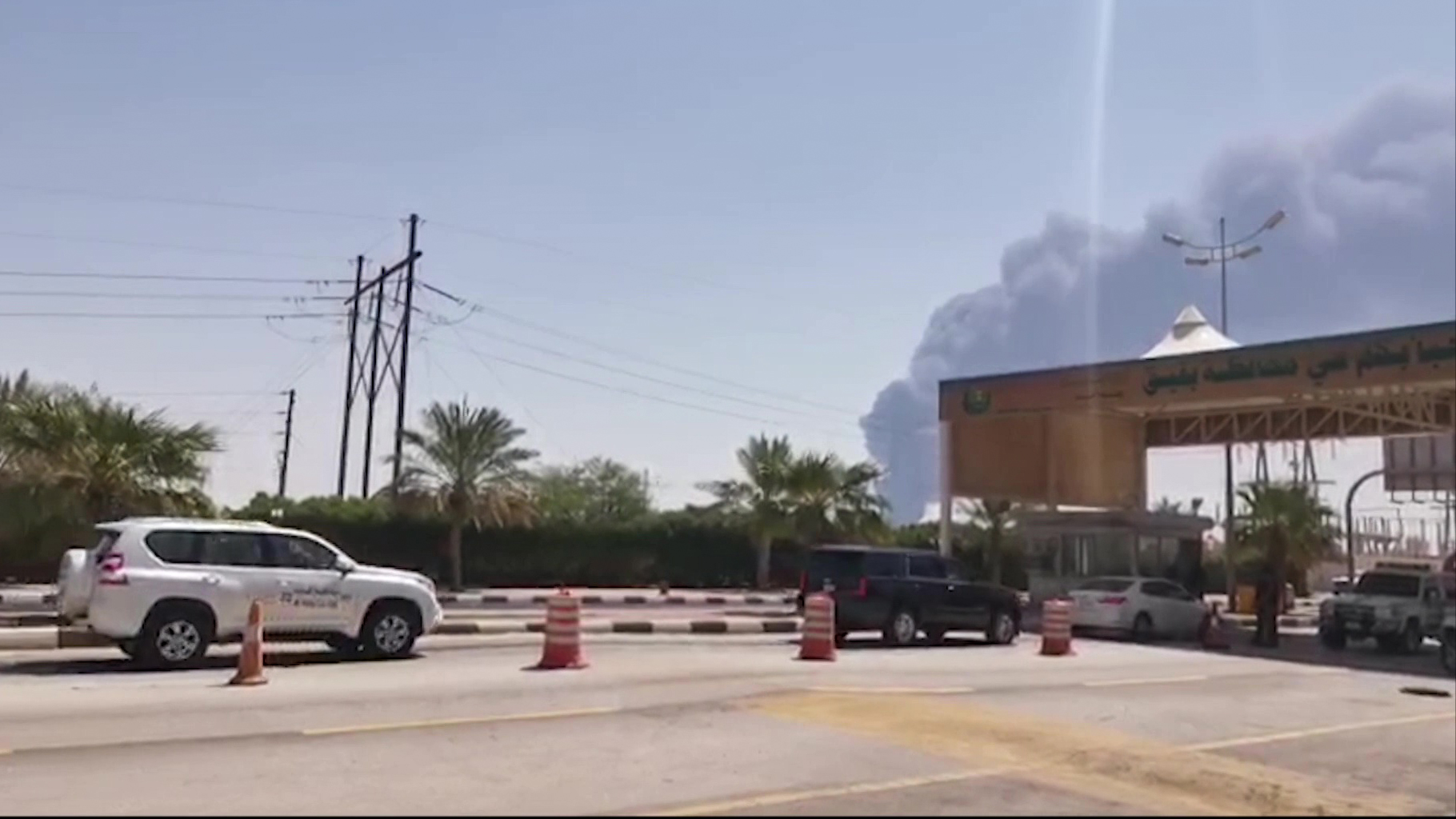
How expensive will fuel get before Americans buy less of it?
How expensive will fuel get before Americans buy less of it?

On Tuesday, Brent crude and West Texas Intermediate oil indexes closed above $92 a barrel. Plus, some analysts have been talking about $100 oil for the first time in years, with tensions between Russia and Ukraine spiking costs.
Let’s turn to the demand side of things. Historically, there’s been a price point in oil and gasoline that has prompted businesses and consumers to change their behavior — a tightening of expenditures on the business side, like maybe you don’t take that road trip this year.
But what about now, after the pandemic and lockdowns? Will people be as willing to put off that trip?
Allow us to nerd out on an economic term real quick: elasticity of demand. The amount of gas Americans buy has historically been pretty inelastic, meaning it doesn’t change that much when prices go up.
That inelasticity has relied on a couple of things Americans have always done, according to DTN senior market analyst Troy Vincent: drive to the store to get groceries and drive to work.
“In the coming months, we might see that that higher price for gasoline, that people respond to that by doing, you know, more of what they did during COVID, which was get things delivered to home and also commute less to work if they have that flexibility,” he said.
That’s here in the U.S. though; oil is a giant global commodity. Worldwide population growth and greater demand for cars in developing countries will lead to more overall demand for oil and its refined products, said Greg Priddy, an independent energy consultant.
In fact, he thinks we’ll get back to pre-pandemic levels pretty soon.
“Demand was rising each year before that. So we’re just kind of back on that growth track,” he said.
On the consumer-vehicle side though, higher fuel costs might have prompted some people to change their behavior, said Kelly Sanders, an associate professor of civil and environmental engineering at the University of Southern California.
“Some of it’s probably price provoked, but I think there’s a transition happening, and people are starting to get on the bandwagon,” she said.
Electric vehicles are still a small part of the market, making up about 10% of all new cars sold worldwide last year, the International Energy Agency said. That’s up from 2.5% in 2019.
Now if that trend were to continue, the elasticity of demand for gas might start to change.
There’s a lot happening in the world. Through it all, Marketplace is here for you.
You rely on Marketplace to break down the world’s events and tell you how it affects you in a fact-based, approachable way. We rely on your financial support to keep making that possible.
Your donation today powers the independent journalism that you rely on. For just $5/month, you can help sustain Marketplace so we can keep reporting on the things that matter to you.

















